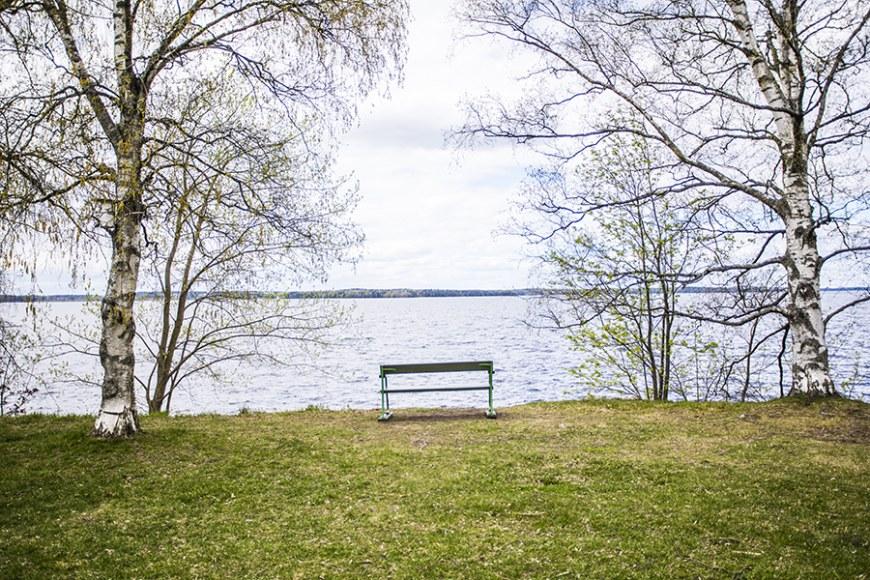Can nature heal the depressed?

In the cities of Tampere, Jyväskylä and Hämeenlinna, groups of participants make 90-minute visits, once per week for three months to urban parks and city forests where they engage in guided activities – such as finding one’s favourite spot and mindfulness exercises – while their connectedness with nature is supported by group counselling.
In the study, the beneficial effects of nature are purposefully utilised in rehabilitation and counselling. Among other things, the counselling supports the participants’ feelings of safety and awareness of the impact of nature on their well-being.
“The social contacts and restorative environments that support well-being give the patients an opportunity to address themes that are relevant to their recovery from depression,” says Professor of Psychology Kalevi Korpela from Tampere University.
“The aim is to nurture a more positive self-image in the patients, alleviate their symptoms and improve their functional ability,” Korpela explains.
Natural environments soothe and invigorate
The study is based on Korpela’s long-term research on the links between well-being and the physical environment and the stress relieving, restorative effects of the environment.
Korpela has found that natural environments, people’s favourite spots and the positive sentiments they get while walking in nature have a significant effect on both mental and physical well-being. People relax while their mood, concentration, and experienced well-being and health improve. The beneficial changes can be seen eg in blood pressure and heart rate variability.
The study utilised the so-called LuoVi intervention, which is a nature-assisted method to increase well-being developed by Psychologist Kirsi Salonen and Senior Researcher, Doctor of Psychology Katriina Hyvönen. The method takes into consideration psychological theories and research not only on psychotherapy but also on eg mindfulness, recovery from stress, self-regulation in the favourite spots, and a holistic experience of nature.
The LuoVi intervention was first developed in the “Nature Environment as a Resource for Occupational Well-Being and Work Performance” research project conducted at the University of Jyväskylä. Both Salonen and Hyvönen are trained psychotherapists and have long histories of working as psychologists; both are involved in the present study.
Salonen has also authored a doctoral dissertation on the way comprehensive nature experiences support well-being, which she will defened at Tampere University in the near future.
Still much to do before clinical guidelines
Thus far, guided or supervised nature experiences have mainly been used for stress relief and invigoration and less for rehabilitation. However, the city of Tampere successfully piloted nature rehabilitation groups in its mental health and substance abuse services in 2014. The results were encouraging. Similar experiences have also been gained in other parts of the world.
“We are testing a rather new form of rehabilitation,” Korpela says.
“However, demonstrating the effectiveness of rehabilitation methods is a demanding and time-consuming task and would require many good randomised controlled trials. That is, even if our project is successful, no general clinical guidelines can be issued yet,” Korpela says.
The Social Insurance Institution Kela funds the three-year research project that started in 2019.
Inquiries:
Professor Kalevi Korpela, kalevi.korpela [at] tuni.fi
Kuva: Jonne Renvall





